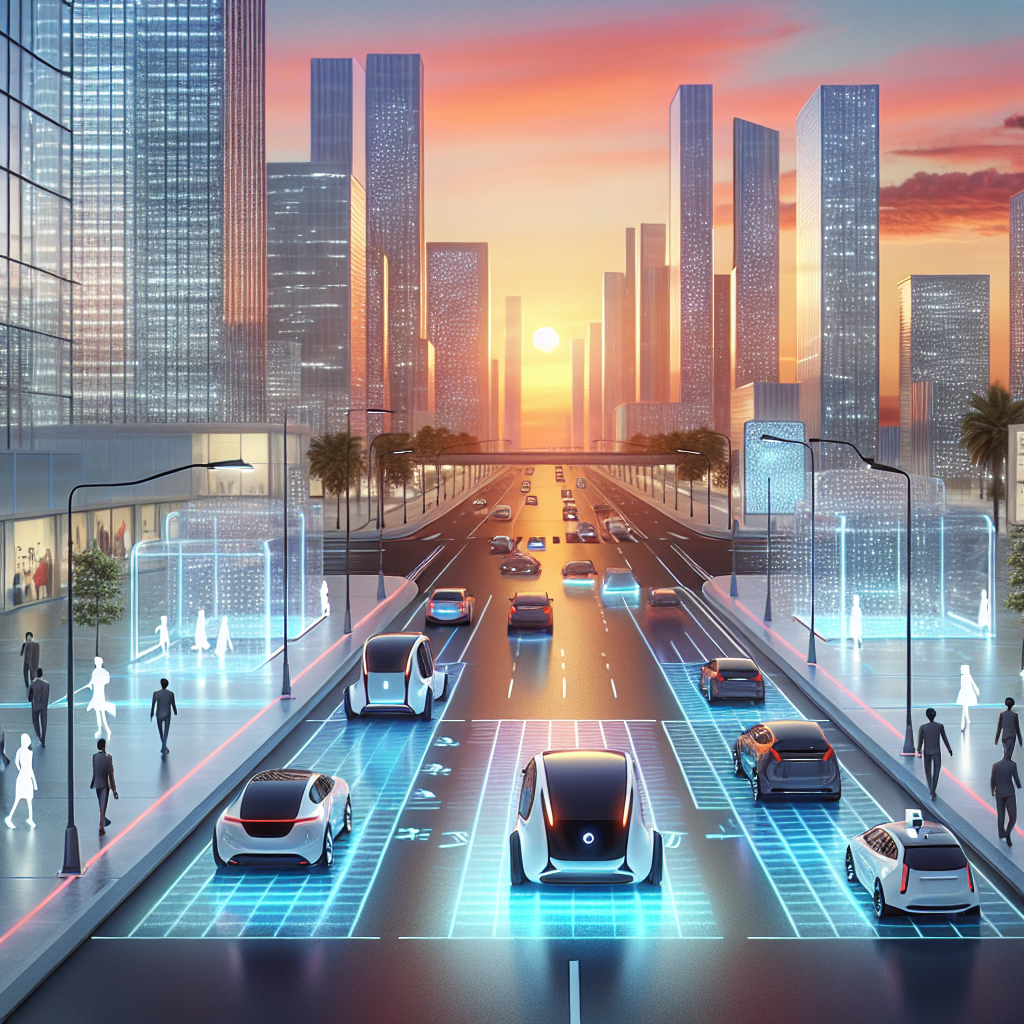The Rise of Autonomous Vehicles: Are We Ready for Driverless Roads?
In recent years, the concept of autonomous vehicles has rapidly transitioned from the pages of science fiction novels to the asphalt of real-world roadways. As technology races forward, the sight of self-driving cars cruising down the street no longer elicits the same astonishment as it might have just a decade ago. This evolution in transportation promises to revolutionize how we travel, offering a future where cars drive themselves and human passengers are free to engage in tasks other than driving. But as this future draws nearer, one critical question remains: Are we ready for driverless roads?
The Evolution of Autonomous Technology
The journey towards autonomous vehicles has been marked by significant technological advancements. Equipped with sophisticated sensors, cameras, radar, and artificial intelligence, self-driving cars are designed to navigate complex environments, understanding and responding to their surroundings with precision. Companies like Tesla, Waymo, and Uber, along with traditional car manufacturers such as Ford and General Motors, have invested heavily in developing autonomous technologies, with pilot programs and testing occurring in cities worldwide.
These systems rely on a robust combination of hardware and software to ensure safe navigation. Machine learning algorithms process data in real-time, enabling vehicles to make decisions like when to brake, accelerate, or change lanes. Some models are already achieving levels of autonomy that allow for hands-free driving on highways, although full autonomy — where the vehicle can operate without any human intervention across all conditions — remains in development.
Benefits of Autonomous Vehicles
The rise of autonomous vehicles is hailed for the potential benefits it could bring. Proponents argue that these vehicles could significantly reduce the number of road accidents, most of which are caused by human error. By eliminating the unpredictable behaviors of human drivers, autonomous vehicles could create safer roadways.
Moreover, they promise increased accessibility. For individuals unable to drive due to disabilities or age, driverless cars could offer newfound independence and mobility. Environmental benefits are also anticipated, as autonomous vehicles could optimize driving patterns for fuel efficiency, reduce traffic congestion, and consequently lower emissions.
Challenges and Concerns
Despite these promising prospects, several hurdles remain before autonomous vehicles can fully integrate into everyday life. A primary concern is the technology’s reliability and safety. While significant progress has been made, ensuring that self-driving cars can handle every possible scenario on the road is a monumental challenge. Unpredictable weather conditions, complex urban environments, and the potential for system failures raise questions about how these vehicles will perform under stress.
Ethical dilemmas also abound in the development of autonomous vehicles. For instance, how should a self-driving car be programmed to make life-and-death decisions in an unavoidable accident scenario? The lack of a human moral compass in these vehicles complicates the ethical landscape considerably.
Furthermore, regulatory and infrastructure adjustments pose significant challenges. Developing comprehensive laws and standards for autonomous vehicles is complex, requiring coordination between tech companies, automotive manufacturers, and governmental bodies. Additionally, cities might need to upgrade infrastructure to accommodate the needs of driverless cars, which could incur significant expense and resource allocation.
The Road Ahead
As autonomous vehicles continue to advance, society stands on the precipice of a transportation revolution. However, whether we are ready for driverless roads is not solely a question of technological capability but also of societal readiness. Preparing for a future with autonomous vehicles requires thoughtful consideration of the ethical, regulatory, and infrastructural challenges that accompany this progress.
While the journey ahead may be long and fraught with obstacles, the potential benefits of autonomous vehicles — enhanced safety, greater access to transportation, and more efficient traffic systems — are too significant to ignore. It is crucial for all stakeholders to engage in collaborative efforts to address these challenges, ensuring that when humanity does embrace fully driverless roads, it does so with readiness and responsibility.














Leave feedback about this
You must be logged in to post a comment.